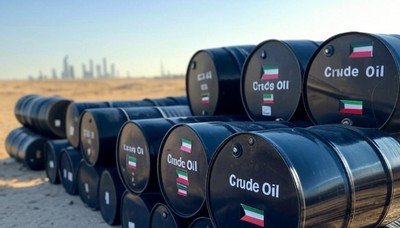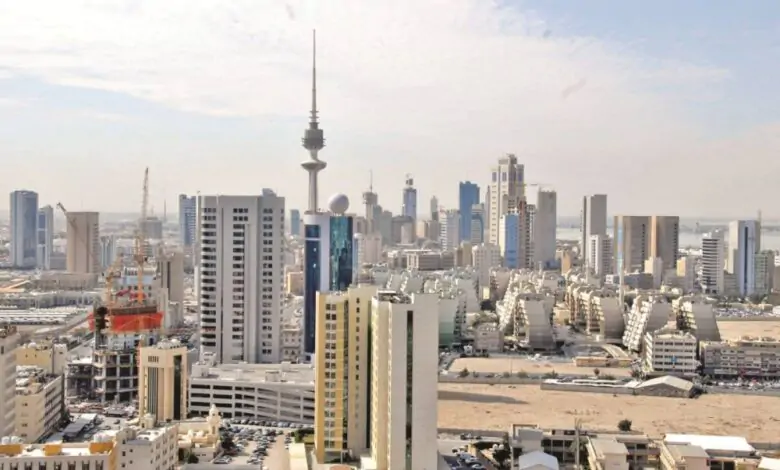Business
Oil prices drop to $65 amid trade uncertainty
-
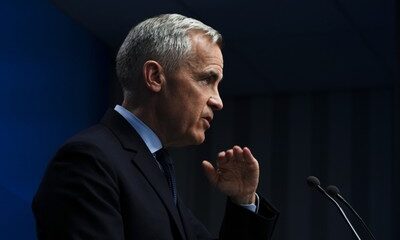
 Business12 hours ago
Business12 hours agoTrade talks with US resume after Canada rescinded tech tax: Carney
-

 Latest News22 hours ago
Latest News22 hours agoGold prices fall amid easing geopolitical tensions, outlook
-
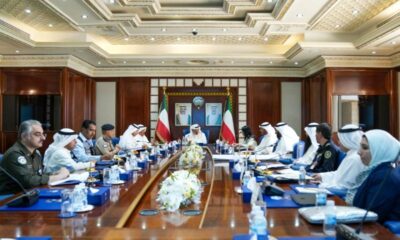
 Latest News19 hours ago
Latest News19 hours agoFocus on infra to boost growth
-
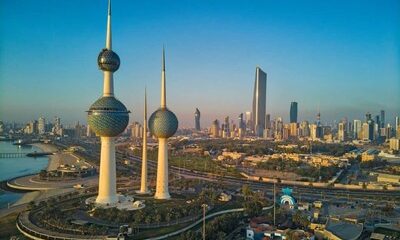
 Business11 hours ago
Business11 hours agoKuwait moves to diversify revenue with new MNE tax framework
-

 Business3 hours ago
Business3 hours agoSecond phase of merging Kuwait oil companies underway
-

 Latest News23 hours ago
Latest News23 hours agoKUNA, UNICEF explore cooperation, promote children’s rights
-
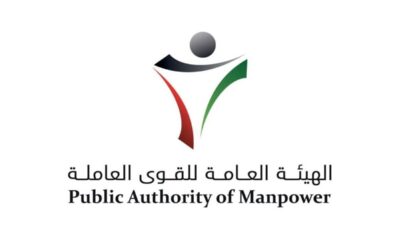
 Latest News20 hours ago
Latest News20 hours ago22,000 obtain exit permit as rule takes effect from July 1
-

 Latest News18 hours ago
Latest News18 hours agoZain holds Innovation Digital Nation Summer Camp for employees’ kids

